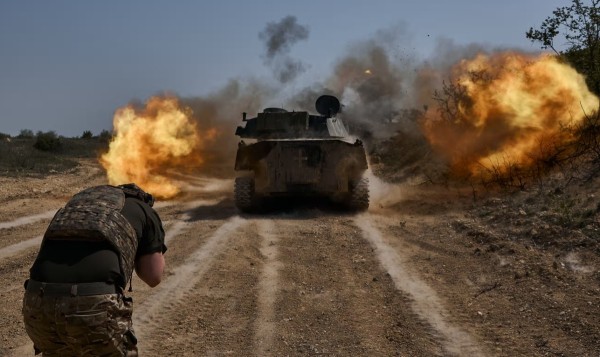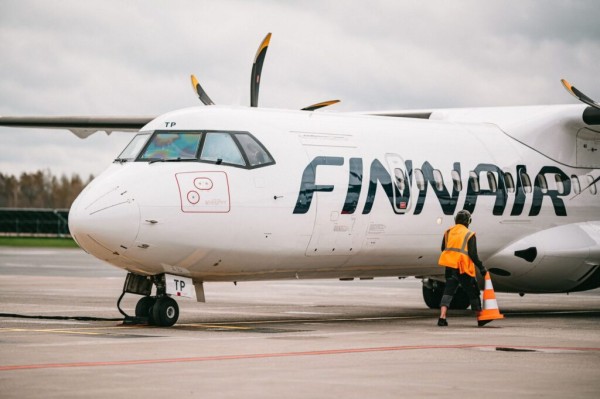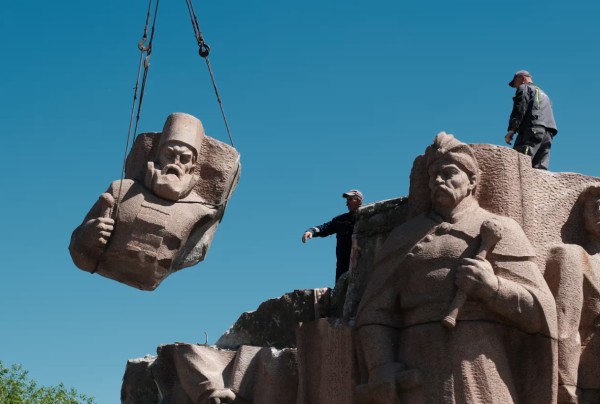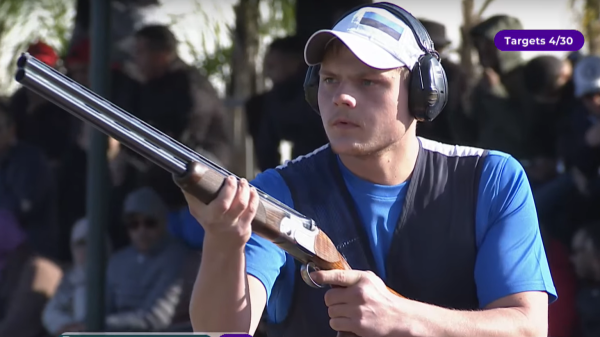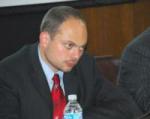
Last week brought the Kremlin a major victory against Western sanctions. After an intense lobbying campaign by Vladimir Putin’s regime, aided by the government of Switzerland, the Geneva-based World Economic Forum (WEF) reversed its decision to ban three Kremlin-connected oligarchs from its upcoming meeting in Davos.
“I am pleased that after discussions with all relevant parties, careful consideration of international legal frameworks and strong support from the Swiss government, we are able to host business and political leaders from all G20 countries,” said Alois Zwinggi, the WEF’s managing director. Translated from the euphemistic language of corporate press releases, this means that Russian oligarchs Oleg Deripaska, Viktor Vekselberg and Andrei Kostin will be invited to attend the Davos forum, the world’s premier gathering of political and business leaders, held every winter in a small ski resort in the Swiss Alps.
Deripaska, Russia’s principal aluminum magnate; Vekselberg, owner of the Renova industrial conglomerate; and Kostin, head of the state-owned VTB bank, were disinvited from Davos this year after being sanctioned by the U.S. Treasury Department over their ties to the Kremlin’s “malign activity around the globe.” “Russian oligarchs and elites who profit from this corrupt system will no longer be insulated from the consequences of their government’s destabilizing activities,” Treasury Secretary Steven Mnuchin said at the time. Deripaska was also singled out for reportedly “threatening the lives of business rivals, illegally wiretapping a government official, and taking part in extortion and racketeering.” A regular at Davos meetings, Deripaska was known as the host of the forum’s most lavish parties, which featured buckets of caviar, free-flowing Dom Perignon champagne, and live performances by the likes of Enrique Iglesias. The list of attendees reads like the who’s-who of world politics and business.
It seemed that Davos might have to forgo Deripaska’s hospitality this coming January. The initial decision by the forum’s organizers was caused less by their moral qualms than by the U.S. Treasury Department’s provision that “non-U.S. persons could face sanctions for knowingly facilitating significant transactions for or on behalf of the [sanctioned] individuals” – that is, by a fear of facing sanctions themselves. In the end, the Kremlin’s lobbying efforts (which included a personal conversation between Russian Prime Minister Dmitry Medvedev and Swiss President Alain Berset) overcame the reservations. Kremlin spokesman Dmitry Peskov welcomed the fact that the WEF management “embraced our position” by reversing the ban. The size and composition of the official Russian delegation to Davos will be determined in the coming days, but the Russian government has already announced that all three U.S.-sanctioned oligarchs will be attending.
The Davos forum has long had an outsize resonance in Russian politics, serving as an important platform of international legitimacy for Russian elites. The first official from Moscow to take part in the forum was Alexander Shokhin, then deputy prime minister in the reformist cabinet of Yegor Gaidar, who attended in 1992, signaling Russia’s shift to liberal market reforms after the collapse of the Soviet Union.
At the February 1996 forum, the star of the show was Gennady Zyuganov, the head of Russia’s Communist Party, who was leading in the polls for the upcoming election and was widely seen as Russia’s next president. The world’s political and business elites queued up to shake his hand. In his public appearances at Davos, Zyuganov tried to assuage fears of a Soviet restoration, promising to “safeguard private property,” “create a climate of confidence” and “recognize political pluralism” in the event of his victory (all while addressing his domestic audience with a mix of Stalinist and nationalist rhetoric). It was at the same meeting in Davos that Russia’s leading businessmen — the oligarchs of that time — agreed to put aside their differences and finance the reelection campaign of incumbent president Boris Yeltsin to stave off a Communist comeback. In the end, Yeltsin edged Zyuganov by 35 percent to 32 percent in the first round, defeating him by a convincing 54 percent to 40 percent in the runoff.
The famous question about Yeltsin’s successor — “Who is Mr. Putin?” — was also asked at Davos. Trudy Rubin, a journalist with the Philadelphia Inquirer, posed it to a panel of top Russian politicians, including First Deputy Prime Minister Mikhail Kasyanov, in February 2000. To laughter from the audience, not one of the panelists volunteered to respond — even though the answer, after Putin’s military brutality in Chechnya, his initial attacks on independent media, and his decision to publicly honor the notorious Soviet KGB chief Yuri Andropov, was already clear.
The agenda for the upcoming Davos forum is yet to be announced. What matters for the Kremlin, though, are not specific meetings or agreements but the fact that some of its most notorious envoys have once again been accepted by the Western elite; the clearest signal of “business as usual.” This is not the first time in history that the democratic community chose appeasement over principle in dealing with an authoritarian regime — and it has never ended happily.
https://www.washingtonpost.com...












